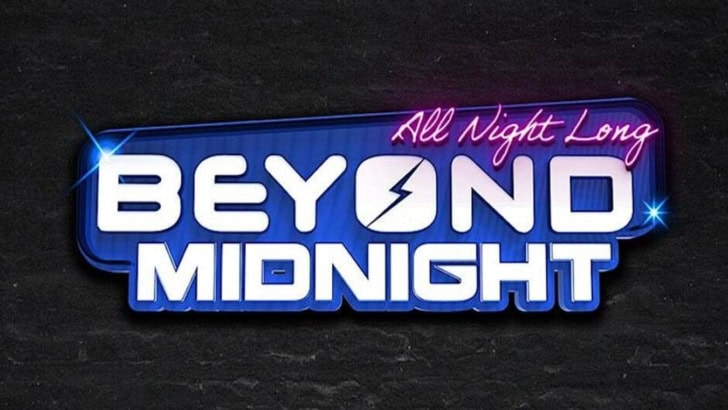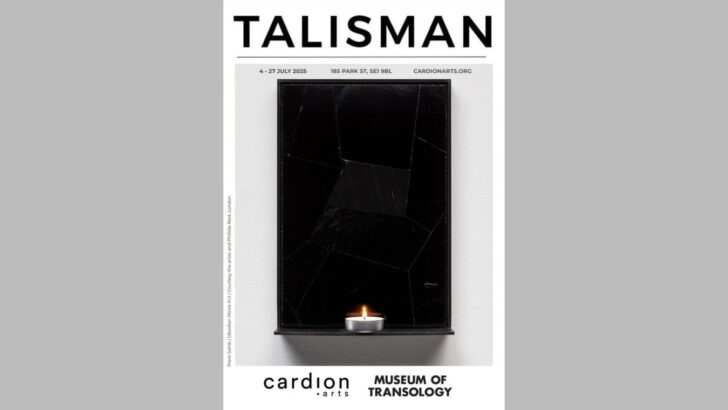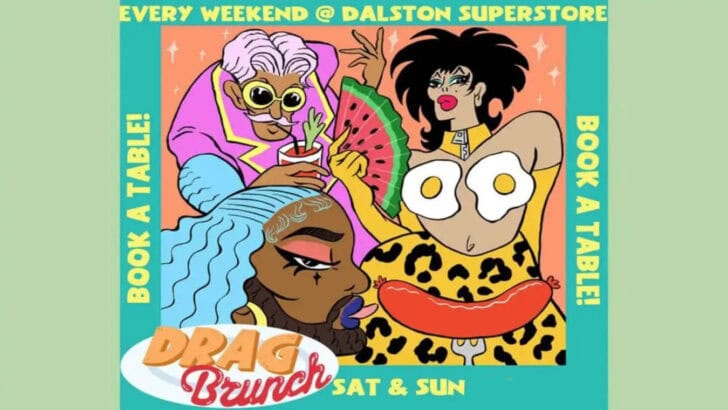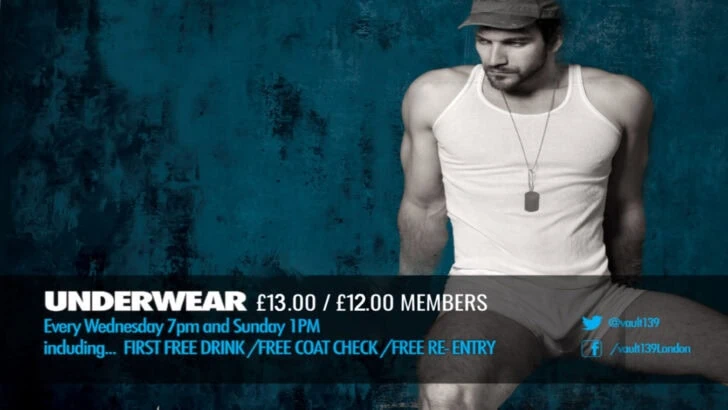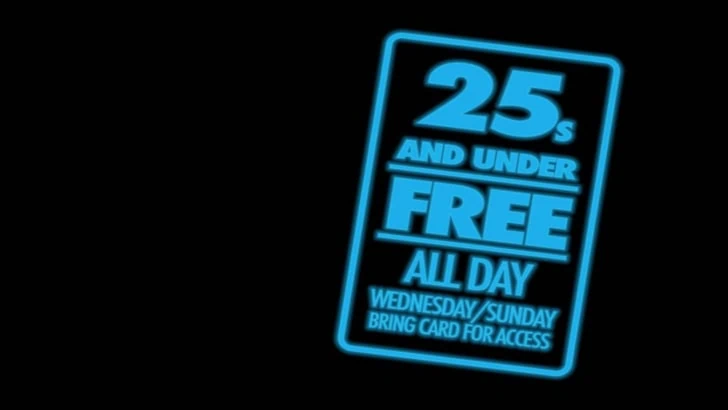Speaking Volumes is a storytelling project that allows the voices of hidden, stigmatised and marginalised people to be heard. Currently working with HIV positive people, the team are enabling them to share their experience of living with the condition. Here, QX have printed four moving, poignant and inspiring stories.
HIV AND THE IMPACT OF BRAIN DAMAGE (PML)
By Elfrid Walkingtree

I came here (to the UK) when I was 28 years old. At that time I was waiting for the results of the clap clinic and while I was in the queue I saw the poster about testing for HIV and I thought ‘OK why not.’ One week later they told me they had checked for syphilis, gonorrhoea hepatitis, everything – everything was negative, and two weeks later came the HIV result, and that was positive. That was in 1989.
My health was fantastically good. Until I got brain damage everybody thought I was one of those lucky people who are HIV asymptomatic for all their lives. My brain damage is called PML, which stands for Progressive Multifocal Leukoencephalopathy. That means inflammation of the brain and the head that is progressive and multifocal. There is a movie about it from Hollywood called It’s My Party, from 1996, and you can see that without the NHS, and before the arrival of the combination therapy, people lost their ability of seeing well, speaking well, breathing well, of digesting well, of bowel movements, so they were killing themselves.
PML makes you less than what you are as a person. Such a diminutive disease, making you smaller, to have to depend so much on other people. And I am in the position that I depend a lot because I cannot do anything myself. I can breathe relatively well and my bowel movement is ok with limits, but then I cannot wipe my bottom when I go to the toilet, somebody has to do it. The food has to be cooked and blended for me, I am partially blind because of a problem in my eyes.
I was diagnosed with PML on the 20th March 1998 and started getting symptoms in December 1997, I was in a train station and I couldn’t see the letters on the board announcing the trains. And that is how I noticed that there was something wrong. But then I started to walk with great difficulties a month and a half later, walking as if I was drunk, but I hadn’t touched any alcohol since the 2nd of November 1993.
“We have to remember that there is the dark side of all the treatments with HIV”
My brain damage, unbeknownst to me, did not affect only my physical body, it affected my mind as well. So from being a happy-go-lucky kind of chap, I started to become a rather paranoid kind of person. At the beginning the hospital didn’t know what to do, so they put me on the drug they give to people with CMV (Cytomegalo Virus). I don’t know if it was that or if it was something else, but certainly I was having that drug and then I ended up in a wheelchair. Ten years later I find out that they had discovered that that drug Cidofovir is poisonous to people like me.
We have to remember that there is the dark side of all the treatments with HIV. They are very effective against HIV but unfortunately they have the most horrible side effects.
HIV, since I got the brain damage, became my life. Before, it was something that was there but didn’t make much of an impact in my daily life. However, since I got the brain damage I have to control absolutely every single aspect of my life. Now I have a Spanish carer in the evenings, who somehow has brought me the kind of life that I used to have, to my mind only. And that has given me the happiness of living all over again. Having him as a carer has brought that possible reality, that things can be different.
HIV AND MENTAL HEALTH
By ‘A Participant’
Right from the start the diagnosis hits you like a frying pan to the face, and, the first few weeks especially, you just can’t get your head around it. You’re full of questions and you’re full of doubt and you’re full of blame and you’re full of guilt and you know everything is your fault.
You feel almost worthless now. You don’t treat yourself as a human being anymore. All these thoughts are happening. They spiral out of control and you don’t see that spiral. You sit there and you fester on these thoughts, and how you’ll never get a partner again, and sex is going to be difficult, and you’re always going to have problems at work.
Everyday you jump in the shower and you’re thinking of new ways to kill yourself because you don’t want to deal with it anymore. You can’t stop those thoughts from happening and you don’t know how to deal with them. You just know it’s wrong to act on them. You know they’re just thoughts, just ignore them, but actually they’re not just thoughts, they’re really dark and you don’t ever feel in control.
“It’s taken a year and a half of tears, anger, frustration, confusion, doubt”
It hit a point where I said to the doctor: “Look, something’s wrong here. I need some help in managing this because it’s difficult to manage when it’s 24/7.” I saw a psychologist and they started putting things into perspective and saying what you’re going through is normal and the psychologist helped me with cognitive behavioural therapy, CBT. At first I was very sceptical because it seems like such a small thing to change something so big, but actually when it’s over a long period of time, it really helps to understand things.
Once you’re in that spiral it takes a lot of energy and a lot of effort to get yourself out of it and if it wasn’t for the support of the NHS, THT, people like that, I don’t think I would have come out the other end the way I did. Now I’m actually enjoying life. It’s taken a year and a half of tears, anger, frustration, confusion, doubt. It’s about taking that hurdle. Everyone deals with it in different ways but you’ve got to deal with that blame. You need to stop blaming yourself more importantly, and that was, I think, the turning point for me. I stopped blaming myself and started focusing on dealing with it.
HIV AND DIAGNOSIS
By Scott
I became ill, in March 2013, first of all. I suddenly found that I had breathing problems when I was doing things. I went to my GP, and he sent me for a chest X-ray which didn’t show anything and he gave me antibiotics.
I thought: “Fine. This is my GP. He knows what he’s doing”, and I just accepted it. I took the antibiotics and after two weeks my breathing went back to normal and I thought, “Great! Fantastic!” All throughout April and May my breathing was fine but my appetite still wasn’t quite right. I started to lose weight, as well. I decided to go back to my GP, just to talk about the fact my appetite wasn’t quite as it was. I said to him, “Can we do more tests or something?” He said to me, “Your chest X-ray shows that you are clear. You just need to go and eat a good meal and you’ll be fine.”
I remember saying to him, “Do you not think you should do some food intolerance tests on me?” He was like, “Well, no. There’s no need to.” I did all I could to try and get more out of my GP, and that’s the answer I got, it was all in my head. However, in June 2013 I started a new job and just before I started this new job I felt that my breathing was going bad again but I thought, “Oh, I’ve got this job. I need to work.”
I felt every day I was getting worse and worse, and in the second week of my employment, halfway through the week, I was so ill I just could not go into work, because it got to the point that I was struggling to go up stairs. Sadly, the company I worked for, through the agency, replaced me. Not only was the GP’s mis-diagnosis affecting my health, it also affected my career because I lost my job.
I went back to my GP and said, “Look, there is definitely something not right here. My breathing is terrible again. I can hardly breathe. I have to stop when I’m walking fast. I can’t go up stairs without losing my breath. There’s something very wrong. This cannot be right.” He sent me for another chest scan and this time also a lung X-ray. This time the lung x-ray came back showing there was liquid in my right lung. I asked him, “What does this mean?” He said, “You have mild pneumonia.”
Considering this was June, middle of the summer, I thought, “How on earth can I have mild pneumonia? This is not right. This cannot be right.” In the back of my mind all along, I’d been thinking, “Could it be HIV?”
In the end I went to the Terrence Higgins Trust in Brighton and was diagnosed with HIV. The major issues I really want to address is that GPs need to be much more clued up so that this does not happen to people.
MY CHANGING RELATIONSHIP WITH HIV
By Anonymous
It was March 1991 when I was tested. I was having an affair with a guy, who I discovered was HIV+. I realised that I was at high risk because we’d been having bareback sex, and that was quite a traumatic experience because I had found out that he was HIV+ by coming across some tablets in his bathroom cabinet.
I’d had the test and then the result two weeks later came back positive. Despite expecting it, it was traumatic. When I was first diagnosed I didn’t tell very many people. Now, I’m a lot more open and that came about from slowly accepting. But accepting the diagnosis took time. It was also about overcoming a sense of being a silly boy. How did I get myself in this situation? I should have known better.
The time I was diagnosed was a time when the outlook was pretty grim. My feelings at that time were of a certain level of fear, but more of shock. This became a sort of short term planning. I started looking at my life as, “What am I gonna do this year, next year and the year after?” Whereas in the past I would’ve thought “What am I gonna be doing in ten years time? Twenty years, thirty years’ time?” At a certain point I started doing things like arranging my funeral service.
“I don’t see why I won’t get into my eighties or beyond”
So the first two/three years I didn’t become depressed but I did lose energy and I became quite tired. HIV affected my spirit, my psychological well-being and my get up and go attitude.
The way I coped with that was by becoming much more actively involved in HIV support groups and activism – helping set up what became Brighton Body Positive, for example. So that’s the one way I sort of channelled my emotions into something more constructive, and I think that helped get me through that period.
Then came a period in 96/97 when I became very ill and was in hospital with pneumonia. I came out of hospital and I started on antiretroviral treatment, which had only come into existence four months before my hospital admission. And that summer and that winter two friends died who were less ill than I was but both chose not to try anti-retrovirals because they didn’t believe that they would work. One friend didn’t take medication and died and another in Holland chose euthanasia.
I know now that if they had started anti-retrovirals they would very likely have lived. But at that point we’d had maybe eight, nine years of different research medication, different trials and nothing had worked for anyone for longer than 6 months with lots and lots of side effects so why think this would be any different?
The first drugs I was on were a combination, and they had more side effects than the current drugs. But one of the things was that I started taking them thinking, “Oh well maybe I will reach my 40th in ‘99”, but it took a good five years before I thought, “No, I’m now gonna have a long term future.”
So, although I became fit and well it was a slow process because again my spirit, my mood, my outlook to the distant future was still unclear as I didn’t know how long this was gonna last. Something turned within me at a certain point around the turn of the century and I thought, “Yeah, things are going well, things are going up. There’s no reason why this won’t carry on.”
And then I started looking at returning, becoming more engaged in life, doing more voluntary work, doing a little bit of gardening on the side, starting to apply for jobs. I moved back to England, retrained (as a nurse) professionally and started working full time in 2006.
Now I’m 54 and I can remember four years ago I was thinking, “Oh, I might retire in my mid 50s. When I’m 56, 57 and I’ll have had enough by then and take it easy. Just work for a few years.” Now I’m 54, I’ve got more energy than I’ve ever had and I certainly don’t expect, or I don’t want to retire when I’m 57, I don’t know when I’ll retire.
I don’t see why I won’t get into my eighties or beyond. So, yeah I see a good future, a positive future.
• Speaking Volumes is on display at the Jubilee Library, Brighton, BN1 1GE from 8th April – 8th June 2014.
www.speakingvolumesproject.org





